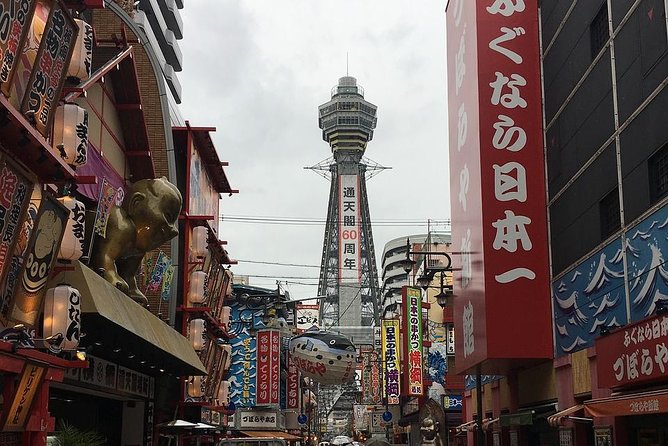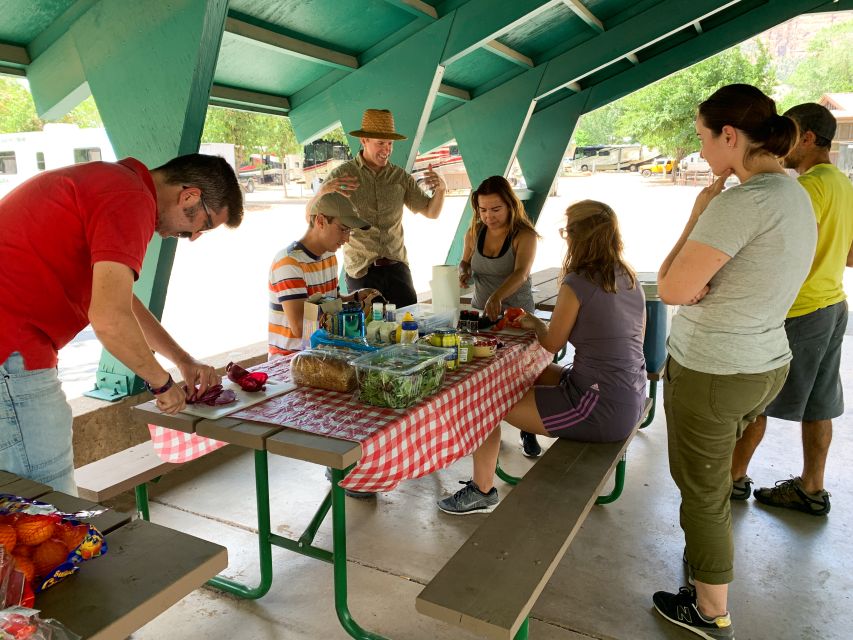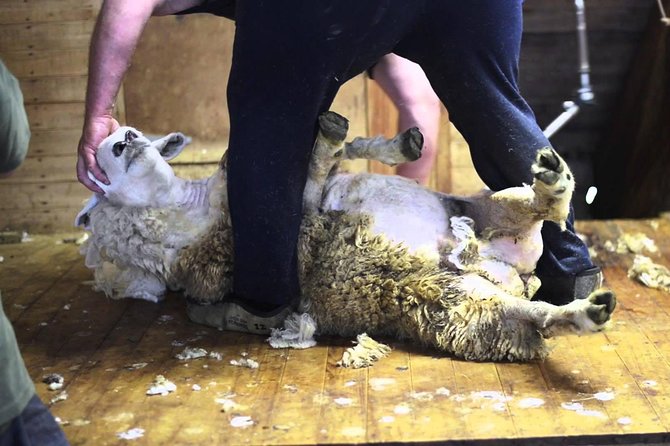In the vibrant streets of Rio de Janeiro’s Little Africa, samba holds a special place as a musical heartbeat, with over 2 million people participating in Carnival celebrations each day.
As the rhythmic beats echo through the neighborhood, one can’t help but be drawn into the captivating history behind these iconic Brazilian traditions. The fusion of African rhythms and Brazilian flair creates a mesmerizing tapestry that tells a story of resilience and cultural exchange.
But what lies beneath the surface of this colorful spectacle? Stay tuned to uncover the hidden tales and intricate connections that make The Little Africa’s Samba and Carnival history a must-experience journey.
Key Points
- Samba and Carnival symbolize Afro-Brazilian resistance and cultural identity.
- African heritage enriches Brazilian society through music, dance, and cuisine.
- Rio’s Little Africa neighborhood showcases the fusion of African and Brazilian cultures.
- Carnival preparations highlight artistry and dedication in creating elaborate costumes and floats.
It's also worth checking out some other tours and experiences nearby.
Origins of Samba and Carnival
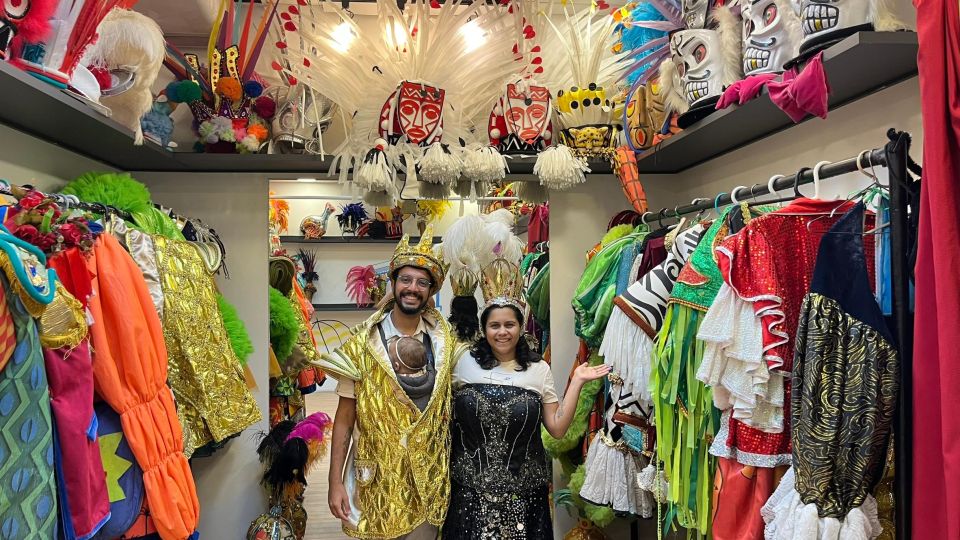
The vibrant rhythms of samba and the colorful traditions of Carnival in Brazil have deep-rooted origins that intertwine with the rich history of enslaved Africans and the cultural tapestry of the nation.
Samba, with its cultural fusion and rhythmic roots, emerged as a musical expression of the African heritage in Brazil. Its historical significance lies in being a symbol of resistance and cultural identity for Afro-Brazilians. Over time, samba has evolved, reflecting the musical evolution of Brazilian society.
Similarly, Carnival, with its extravagant costumes and lively parades, has roots in the African influence on Brazilian culture. This historical celebration showcases the blending of African traditions with Portuguese influences, creating a unique and vibrant spectacle that continues to captivate audiences worldwide.
African Influence on Brazilian Culture
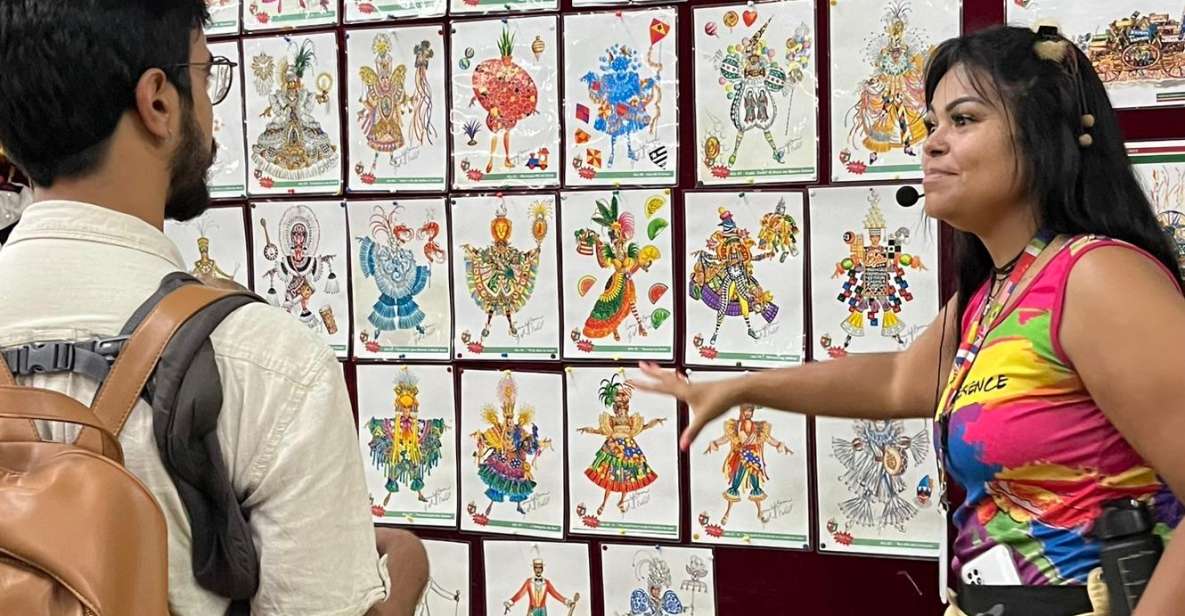
Influenced by centuries of cultural exchange, the infusion of African traditions in Brazilian culture is unmistakably vibrant and profound.
African traditions, deeply rooted in Brazilian history, have significantly shaped various aspects of the country’s cultural identity. The rich tapestry of Brazilian culture is a result of the harmonious blend of indigenous, European, and African influences, creating a unique and diverse societal landscape.
From music and dance to religion and cuisine, the African heritage in Brazil is evident in the rhythms of samba, the colorful costumes of Carnival, and the flavors of traditional dishes. This cultural fusion hasn’t only enriched Brazilian society but also serves as a testament to the resilience and creativity of the Afro-Brazilian community.
Exploring Rio’s Little Africa Neighborhood
Explore the vibrant tapestry of Rio’s Little Africa neighborhood, where the echoes of African heritage resonate through its streets and stories. This area is a treasure trove of cultural heritage, offering visitors a glimpse into the rich history that shaped Brazil.
Here’s what you can expect when exploring Rio’s Little Africa neighborhood:
-
Historical Landmarks: Wander through streets lined with historical landmarks that highlight the influence of African culture on Brazil.
-
Local Traditions: Enjoy the local traditions of the neighborhood, from music and dance to culinary delights that have been passed down through generations.
-
Colorful Festivities: Experience the vibrant energy of the community through colorful festivities that celebrate the fusion of African and Brazilian cultures.
Behind the Scenes of the Carnival
Step into the vibrant world of Rio’s Carnival preparations, where the magic of extravagant costumes and elaborate floats come to life behind the scenes.
Carnival preparations are a meticulous process involving intricate costume designs and the construction of awe-inspiring floats. Skilled artisans and designers work tirelessly to bring the Carnival fantasies to reality, ensuring that every detail is perfect.
The barracão, where the preparations take place, buzzes with creativity and energy as the teams put together the elaborate pieces that will dazzle spectators during the parade. From hand-sewn sequins to larger-than-life structures, every aspect of the Carnival comes together in this behind-the-scenes world, showcasing the dedication and artistry that make Rio’s Carnival a truly unforgettable experience.
Learning Samba Steps With a Pro
With a professional dancer as your guide, learn about the rhythmic world of samba by learning its intricate steps during this immersive tour experience. Whether you’re a beginner or looking to refine your skills, this opportunity offers a unique chance to explore the heart of samba techniques and receive expert dance instruction.
-
Personalized Guidance: Benefit from one-on-one attention from a seasoned samba instructor.
-
Mastering the Basics: Learn fundamental samba steps, body movements, and the nuances that make samba a captivating dance form.
-
Interactive Learning: Engage in hands-on activities and drills to practice and perfect your samba skills under the guidance of a professional.
Get ready to groove to the vibrant beats of samba with confidence and flair!
Immersive Experience in Carioca Carnival
Embark on an immersive journey into the vibrant world of the Carioca Carnival, where history, culture, and samba rhythms intertwine to create a captivating experience like no other.
This culture offers participants a chance to explore the historical significance of the carnival, tracing its roots back to enslaved Africans in Brazil. Stroll through Rio’s Little Africa district, gaining insights into the Rio Carnival and its evolution over time.
Explore behind the scenes of the carnival with up-close views of costumes, floats, and the barracão where preparations take place. The experience provides a time-traveling adventure, allowing visitors to experience past carnival fantasies firsthand.
Plus, participants can learn samba steps and enjoy a class with a professional dancer, adding a dynamic element to this enriching exploration.
Here's a few more nearby tours and experiences we think you'll like.
Common questions
What Is the Significance of Costumes and Floats in the Rio Carnival?
Costume design and float construction are central to the Rio Carnival, showcasing cultural expression and parade excitement. Elaborate costumes reflect tradition and creativity, while floats are elaborate structures that carry performers, adding spectacle and grandeur to the festivities.
How Has the Role of African Religion Evolved Within Brazilian Culture Over Time?
African influences have profoundly shaped Brazilian culture over time, weaving through traditions, music, and beliefs. The evolution of African religion within Brazilian culture reflects a complex fusion of spirituality, heritage, and resilience.
Can Visitors Participate in the Preparations for the Carnival at the Barracão?
Visitors can actively engage in the carnival preparations at the barracão. They experience past carnival fantasies, learn samba steps, and enjoy a class with a professional dancer. Taking in the vibrant culture, they become part of the carnival magic.
Are There Any Specific Traditions or Rituals Associated With the Samba Dance That Are Unique to Brazil?
Samba traditions in Brazil encompass unique cultural rituals deeply rooted in history. Brazilian dance showcases distinct practices like the intricate footwork and rhythmic movements, reflecting the vibrant spirit of the nation. These customs shape a rich tapestry of tradition.
How Does the Experience of Learning Samba Steps With a Professional Dancer Contribute to a Deeper Understanding of the Carioca Carnival?
Learning samba steps with a professional dancer enhances the experience by providing deeper understanding through professional guidance. Participants gain insight into the intricate movements, cultural significance, and historical roots of samba, enriching their connection to the Carioca Carnival.
Not for you? Here's more of our most recent tour reviews happening neaby
- From Rio De Janeiro: Arraial Do Cabo Tour With Lunch
- Rio: Tijuca Forest & Horto Waterfalls Circuit Tour
- Rio De Janeiro: Sugarloaf Mountain Hike Tour
- Rio: Pub Crawl in Lapa With Cachaça Tasting and Live Samba
- Rio: Christ the Redeemer & Sugarloaf Express Tour
- Private Boat Tour With Photography Service
- Rio De Janeiro: Hang Gliding Tandem Flight
- Rio De Janeiro Hang Gliding Adventure
- Rio: Floating Breakfast Boat Trip in Guanabara Bay
- Favela Tour the Original, Rocinha & Vila Canoas Since 1992
- Rio De Janeiro (Urca) Scavenger Hunt and Self-Guided Tour
- Pedra Do Telégrafo Hike and Beach Full-Day Tour
- From Rio De Janeiro: Sugarloaf Mountain Tour With Cable Car
- Rio De Janeiro: Morro Dois Irmãos Trail
- Abricó Beach (Nudist Beach), Grumari Beach & More.
Sum Up
To sum it up, The Little Africa: Samba and Carnival History tour offers a unique and immersive experience into the rich cultural heritage of Brazil.
From the origins of samba and Carnival to the African influence on Brazilian culture, visitors will gain a deeper understanding of the traditions that shape the vibrant spirit of Rio de Janeiro.
With knowledgeable guides and hands-on experiences, this tour promises to be a captivating journey through time that celebrates the essence of carioca Carnival.
Get ready to be swept away by the magic and energy of The Little Africa.



